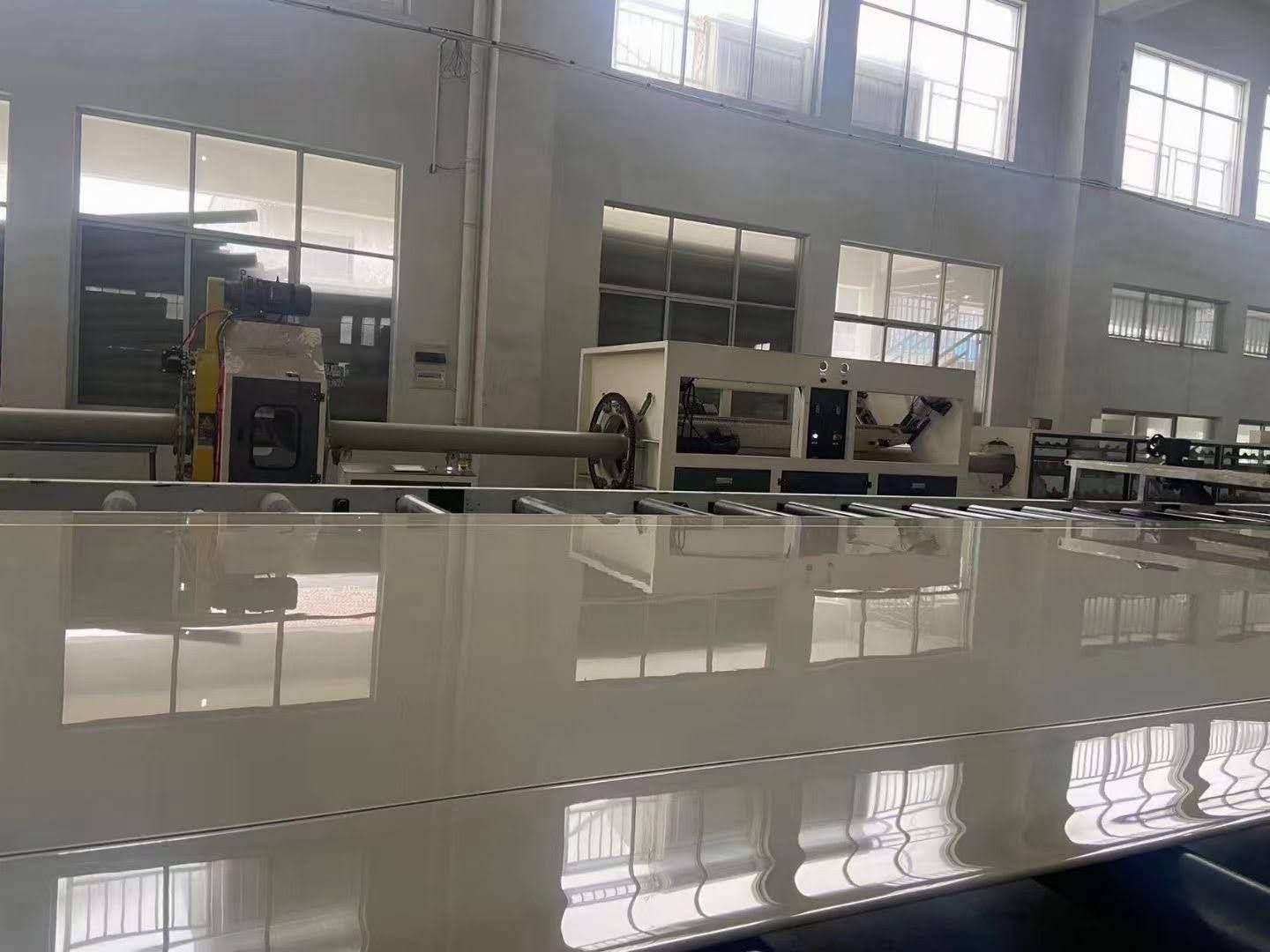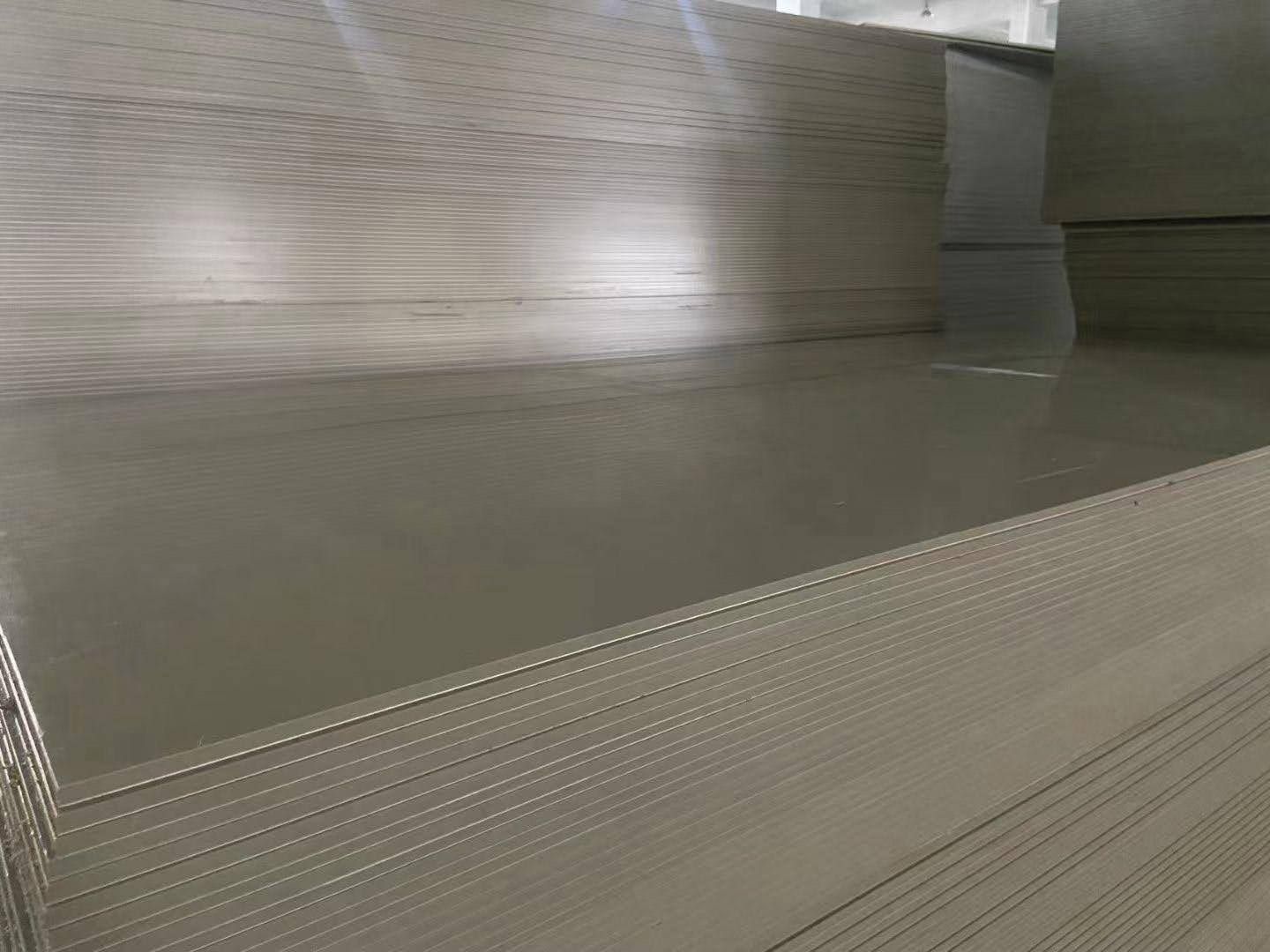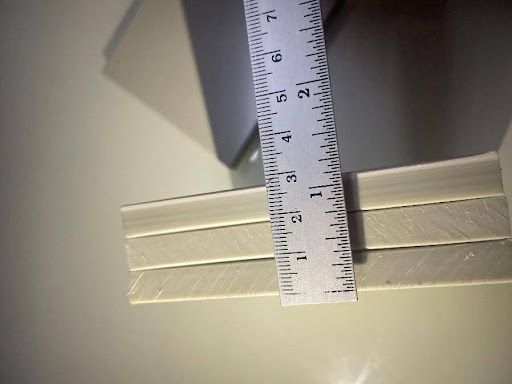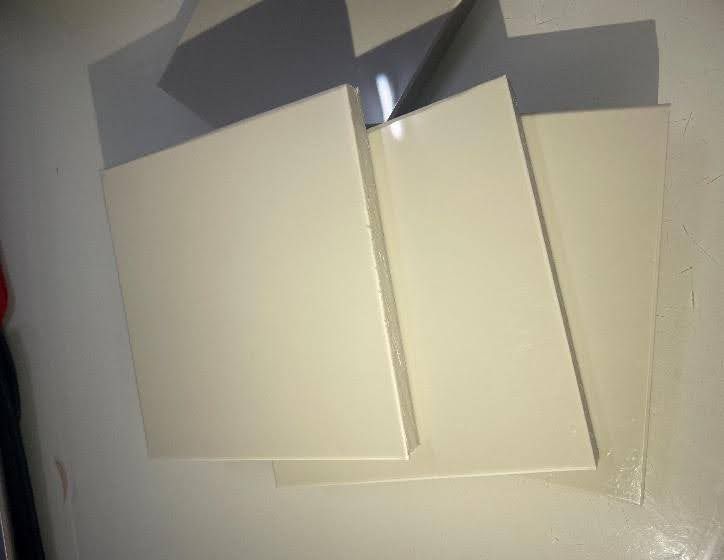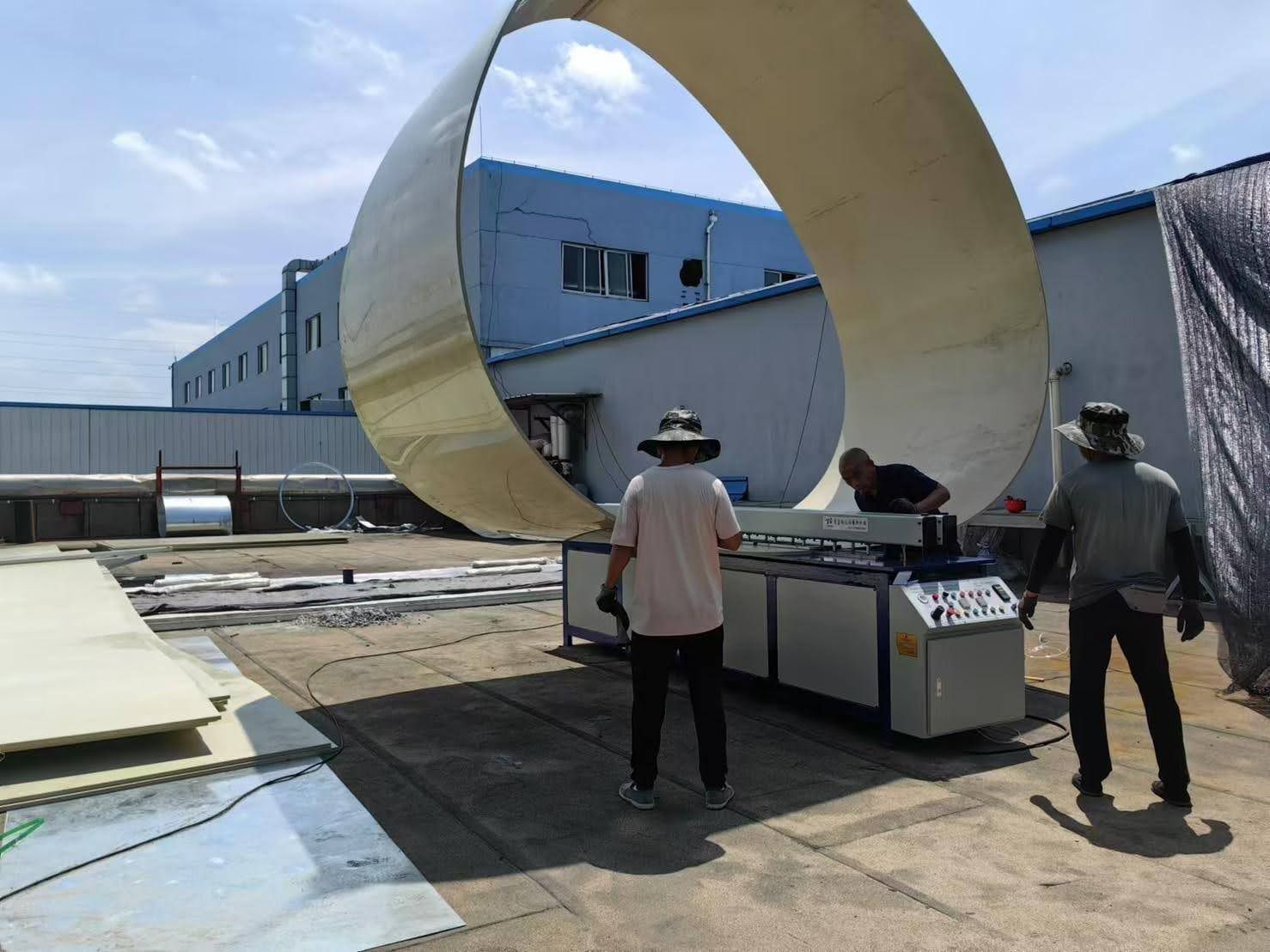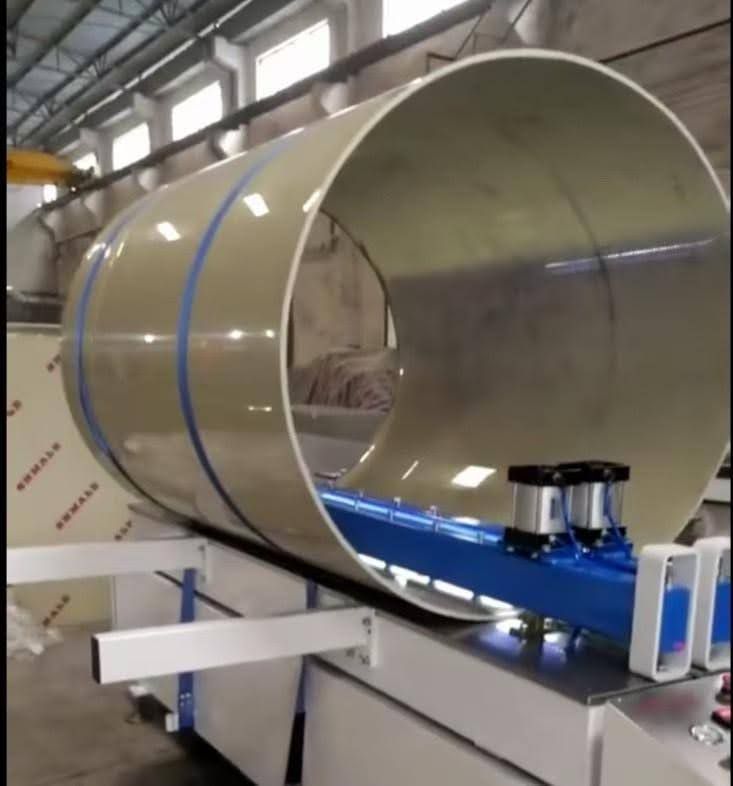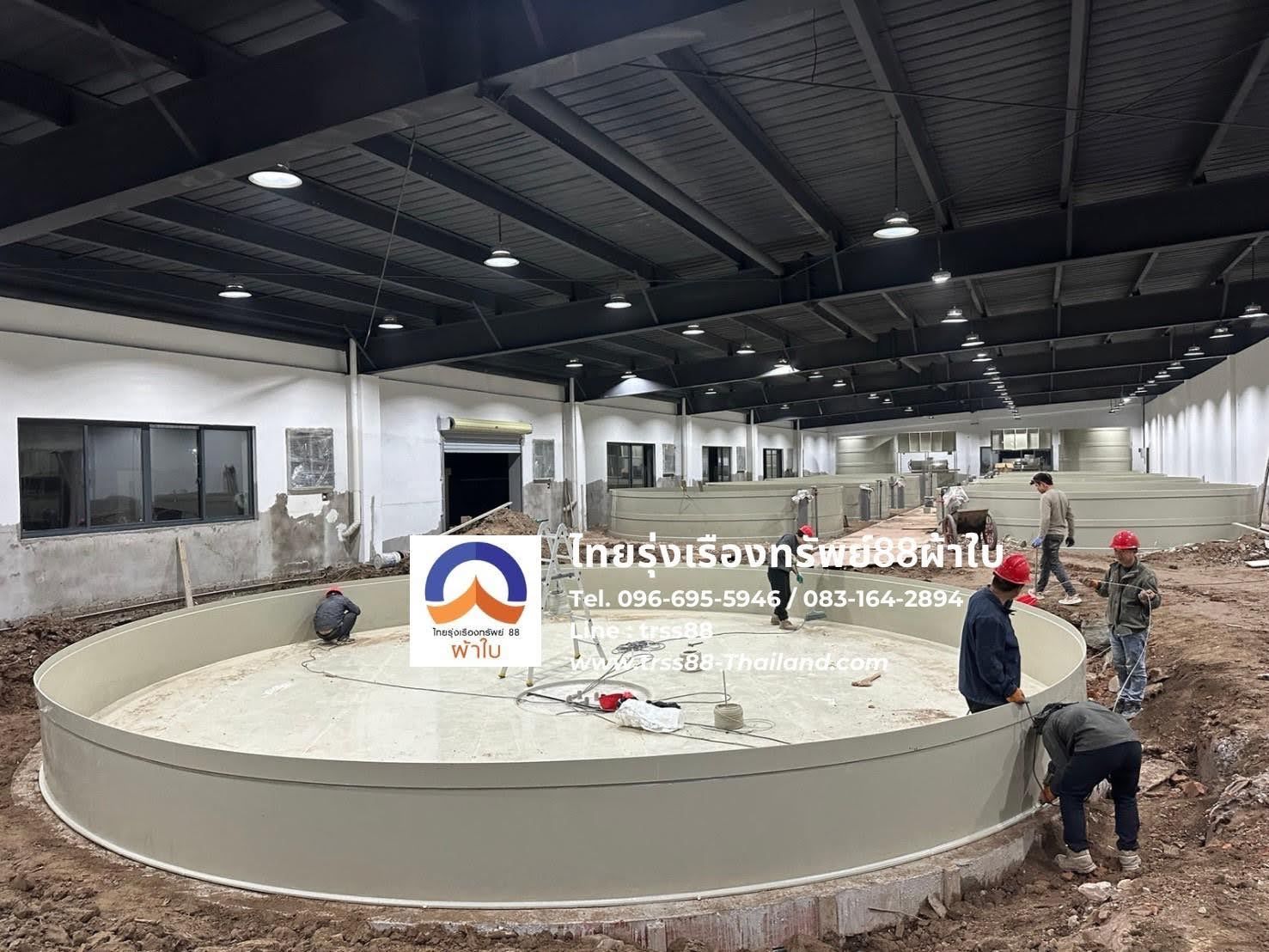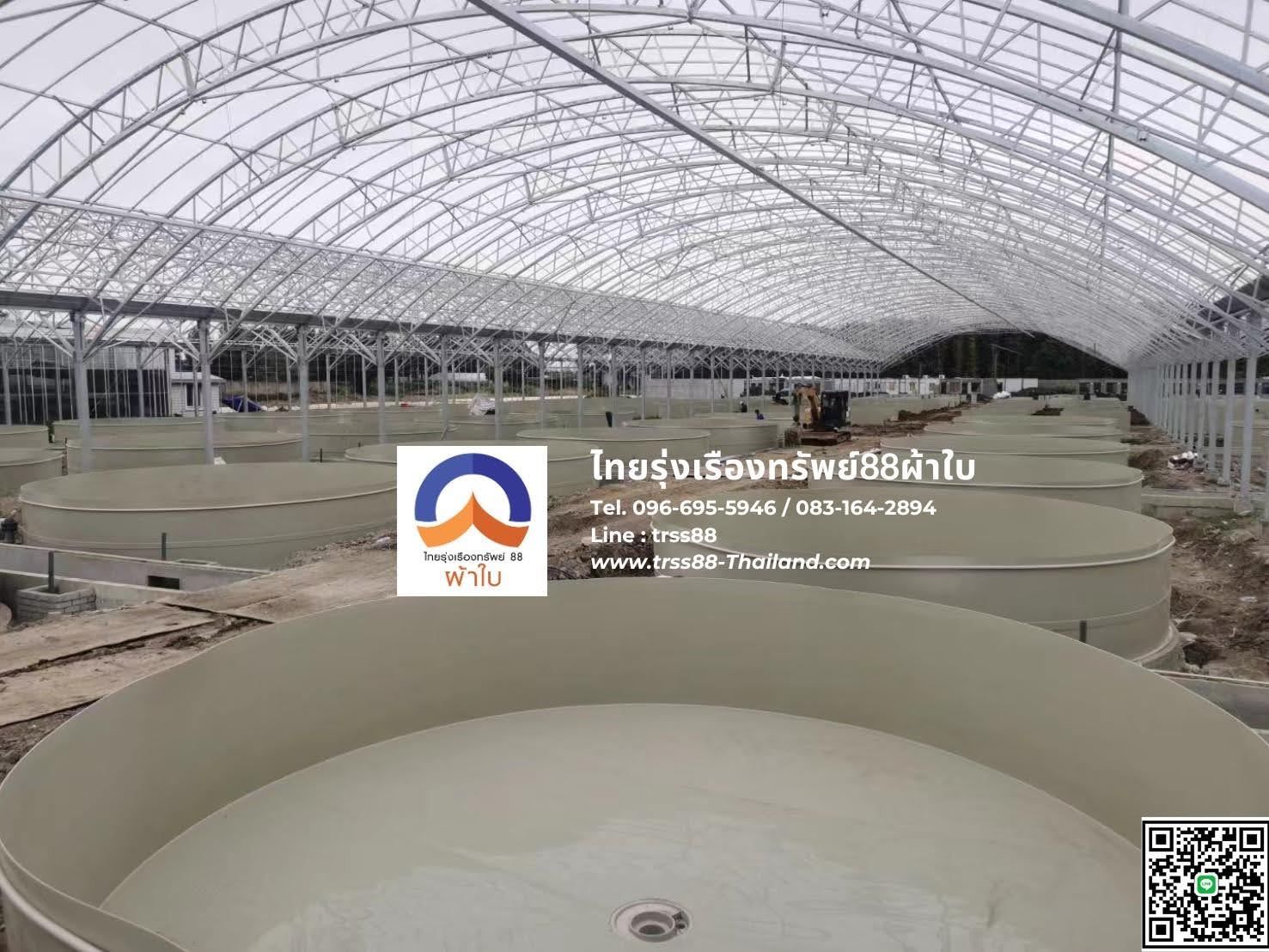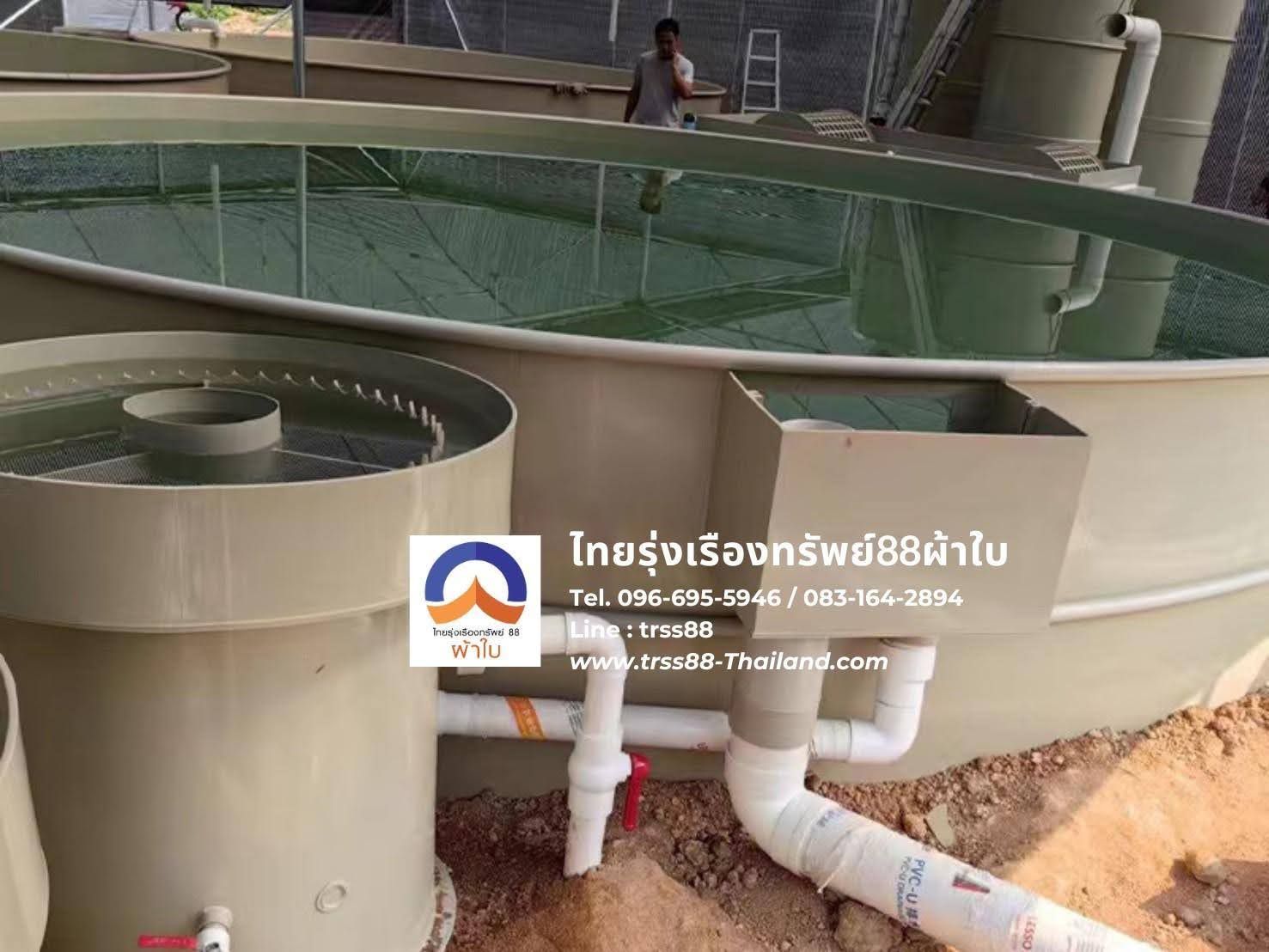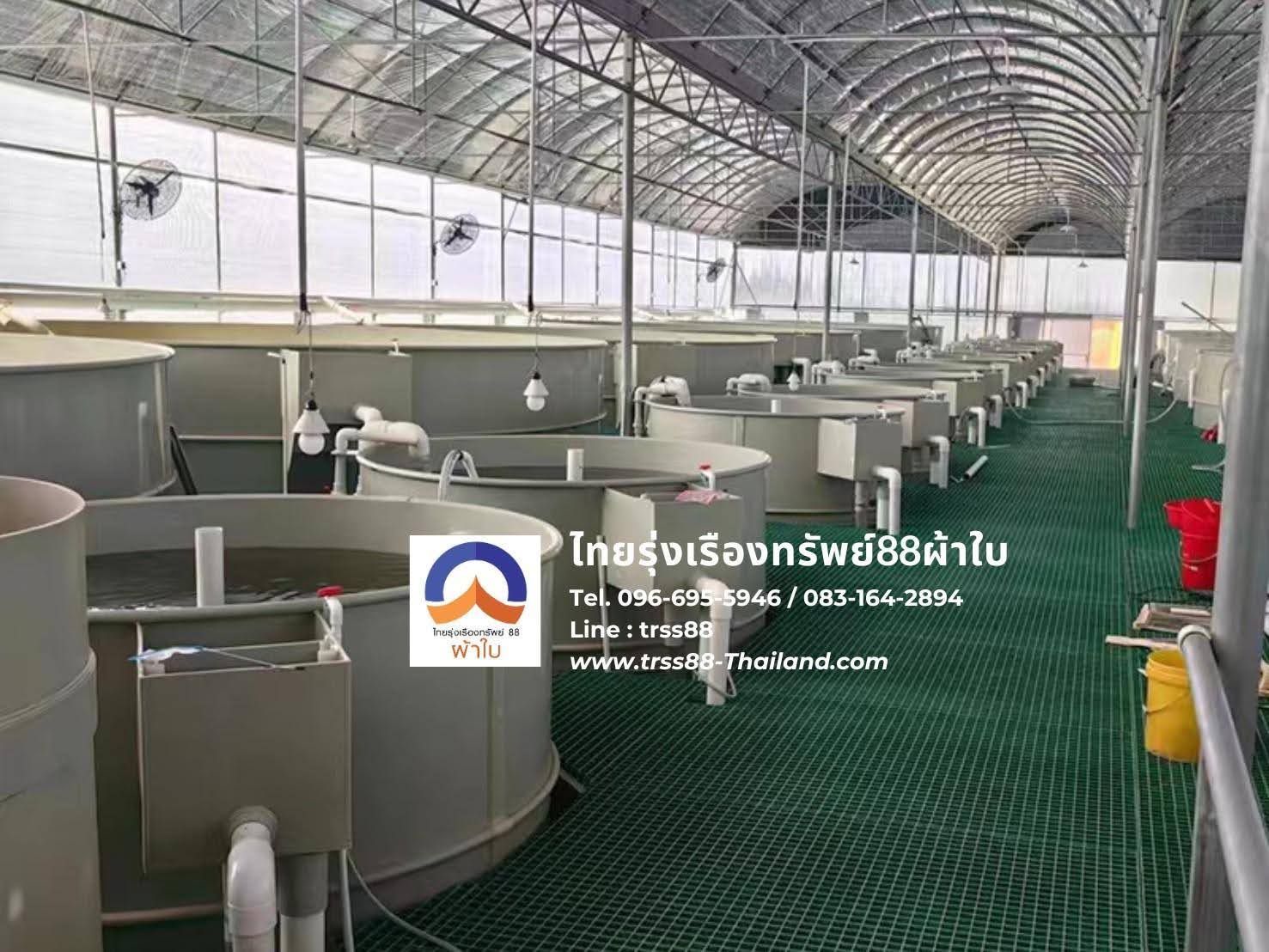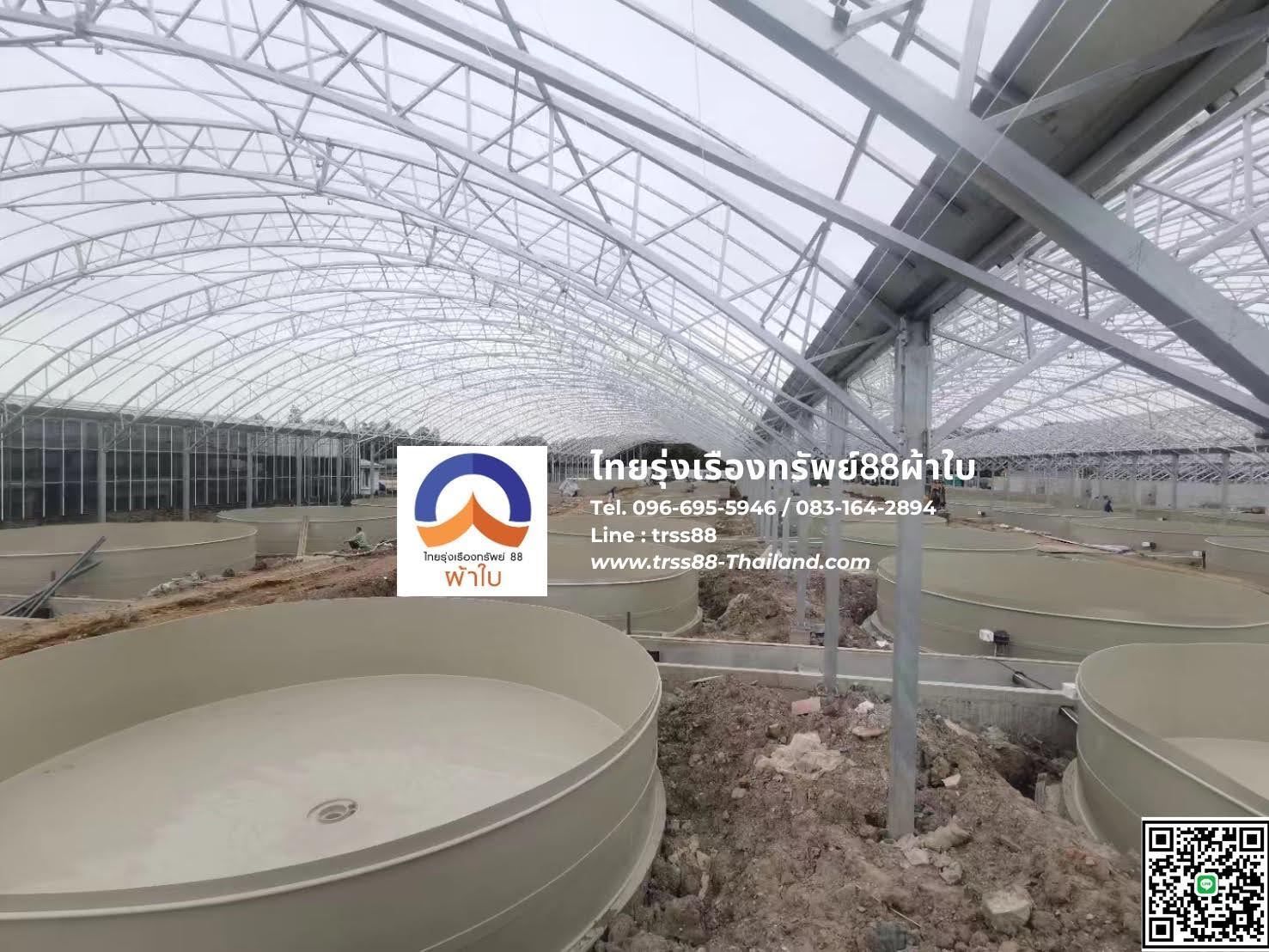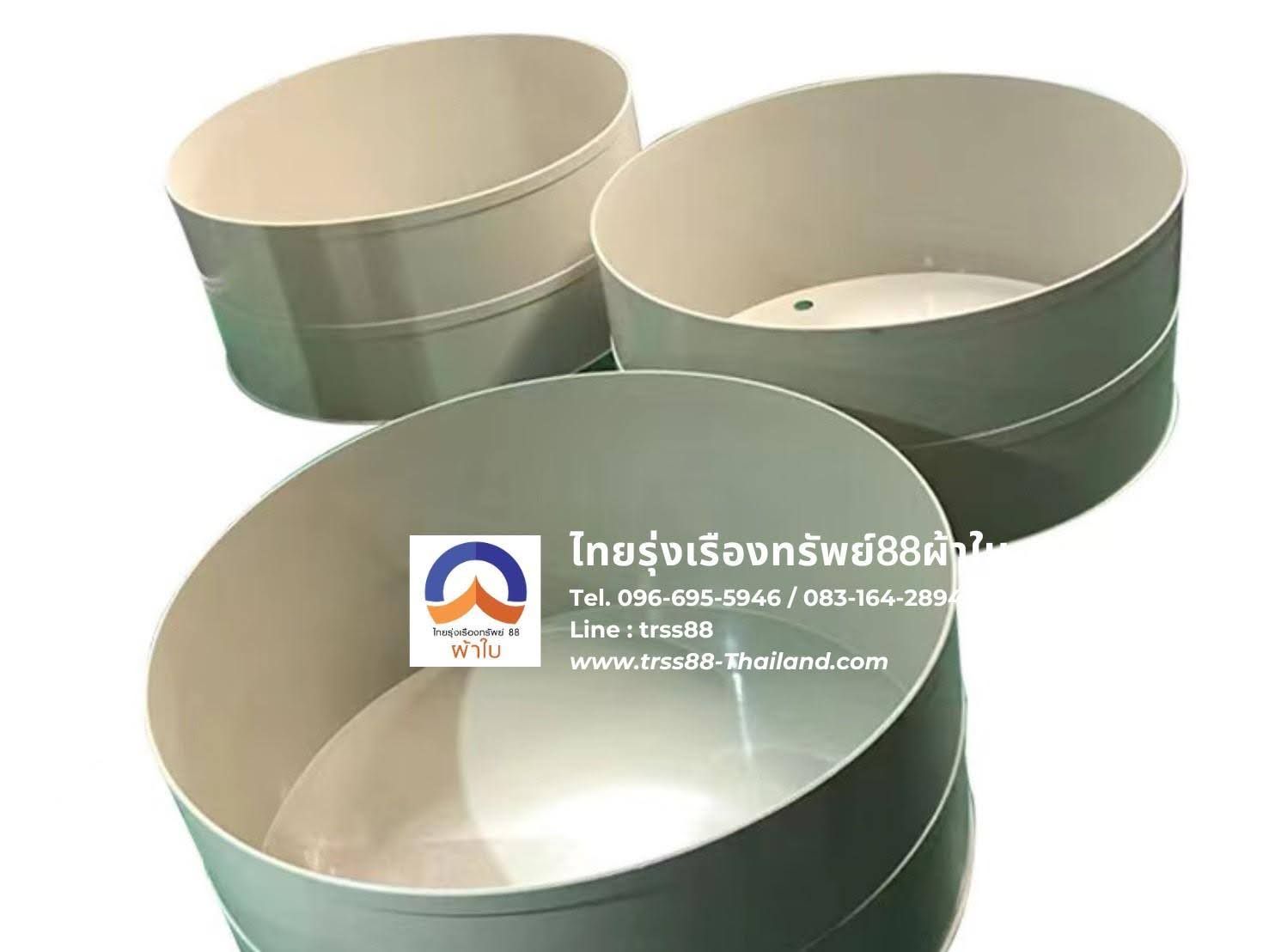Polypropylene is a type of thermoplastic that is widely used in various industries due to its versatile properties
and its ability to be applied to many different products. The notable properties of Polypropylene include:
- Durability and strength: Polypropylene is highly resistant to impact and tensile forces, making it suitable for applications that require exceptional strength, such as the production of plastic tanks, pipes, and packaging.
- Lightweight: This material is lightweight yet maintains its strength, which helps reduce transportation costs and makes it easy to install.
- Chemical resistance: Polypropylene is resistant to many chemicals, such as acids, bases, and various solvents, making it suitable for use in the chemical industry and packaging.
- High-temperature resistance: This material can withstand high temperatures well and can also tolerate low temperatures without undergoing physical changes.
- Recyclability: Polypropylene is a recyclable material, which helps reduce its environmental impact and makes the production process more eco-friendly.
- Versatility in application: Polypropylene can be used in many industries, including the manufacturing of food containers, water tanks, fish tanks for aquaculture, medical equipment, textiles, and automotive components.
Polypropylene
Polypropylene plays an important role in various industries due to its cost-effectiveness and properties that make it suitable for a wide range of applications. Its adaptability allows it to be manufactured into different forms to meet the market's needs efficiently.
Our company manufactures aquaculture ponds using polypropylene (PP) sheets, which are also known as the strongest material used extensively in other countries. These ponds are highly durable, eliminating the need for additional structural support, and can be made in very large sizes depending on the thickness of the PP sheets. We offer two thickness options: 12 mm and 15 mm. The average lifespan of these ponds is approximately 15 years, making them very cost-effective when considering both the price and durability.
Assembly Method for PP Ponds
- On-site Assembly Required: The PP sheets and welding equipment are brought to the site for assembly as there are no prefabricated models due to transportation limitations caused by the large size of the ponds, which exceed standard vehicle dimensions.
- Site Preparation by the Customer: Customers must prepare the appropriate site, as these ponds cannot be moved like fabric ponds.
- Professional Installation: Our technicians will handle the on-site installation for the customer.
PP well guarantee
- 1-Year Warranty: We offer a 1-year warranty. After the warranty period expires, we provide ongoing support throughout the pond's lifespan, although service charges may apply.
Service life
- The typical lifespan is approximately 15 years or more.
- We offer three thickness options: 10 mm, 12 mm, and 15 mm.
Advantages of Using Polypropylene (PP) Ponds
The advantages of using Polypropylene (PP) ponds for fish farming are numerous, making them a suitable choice for aquaculture systems. Here are the key benefits:
- Durability and Long Lifespan: PP ponds are highly durable and can withstand various environmental conditions for long periods without cracking or deteriorating. This reduces maintenance costs and the need for frequent pond replacements over time.
- Chemical and UV Resistance: Polypropylene is resistant to chemicals and ultraviolet (UV) rays, preventing corrosion and degradation when used outdoors. This makes PP ponds suitable for both freshwater and saltwater environments.
- Safe for Aquatic Animals: The material used in PP ponds is non-toxic and does not contain any harmful residues, ensuring the safety and health of the fish, allowing them to grow in a secure environment.
- Lightweight and Easy to Install: PP ponds are lighter than other materials, like concrete, making them easy to transport and install. They can also be relocated to new positions without much difficulty.
- Design Flexibility: PP ponds can be manufactured in various sizes and shapes according to the user's needs, making it easy to design aquaculture systems that fit different spaces and requirements.
- Easy to Clean: Polypropylene does not absorb stains or dirt, which makes the cleaning and maintenance of the ponds straightforward. This helps reduce the risk of disease outbreaks in fish or aquatic animals.
- Efficient Environmental Control: PP ponds allow for effective control of the environment, such as temperature, pH levels, and water quality. This promotes the growth of fish and reduces losses caused by diseases or unfavorable conditions.
- Cost-Effective in the Long Run: Although the initial investment in PP ponds might be high, their durability and long lifespan make them a worthwhile investment over time by reducing the need for frequent repairs and replacements.
- Eco-Friendly: PP ponds are recyclable, making them an environmentally friendly option that helps reduce plastic waste in ecosystems.
With these features and benefits, PP ponds are an appealing choice for those looking to raise fish and aquatic animals in a system that is both efficient and durable, meeting the needs of both household and industrial-scale aquaculture operations.









